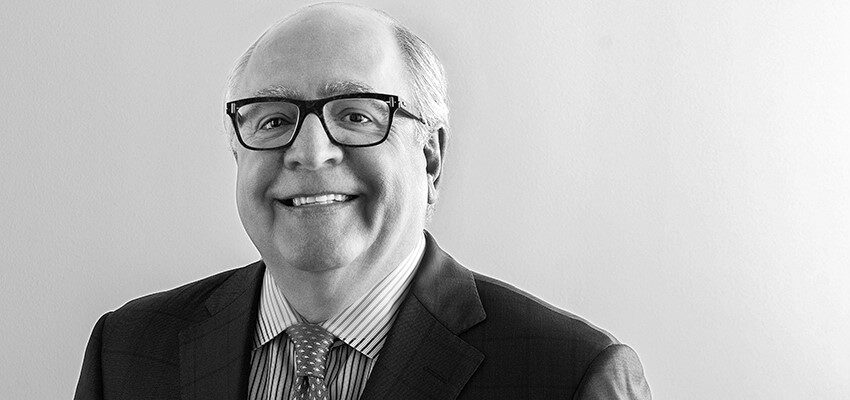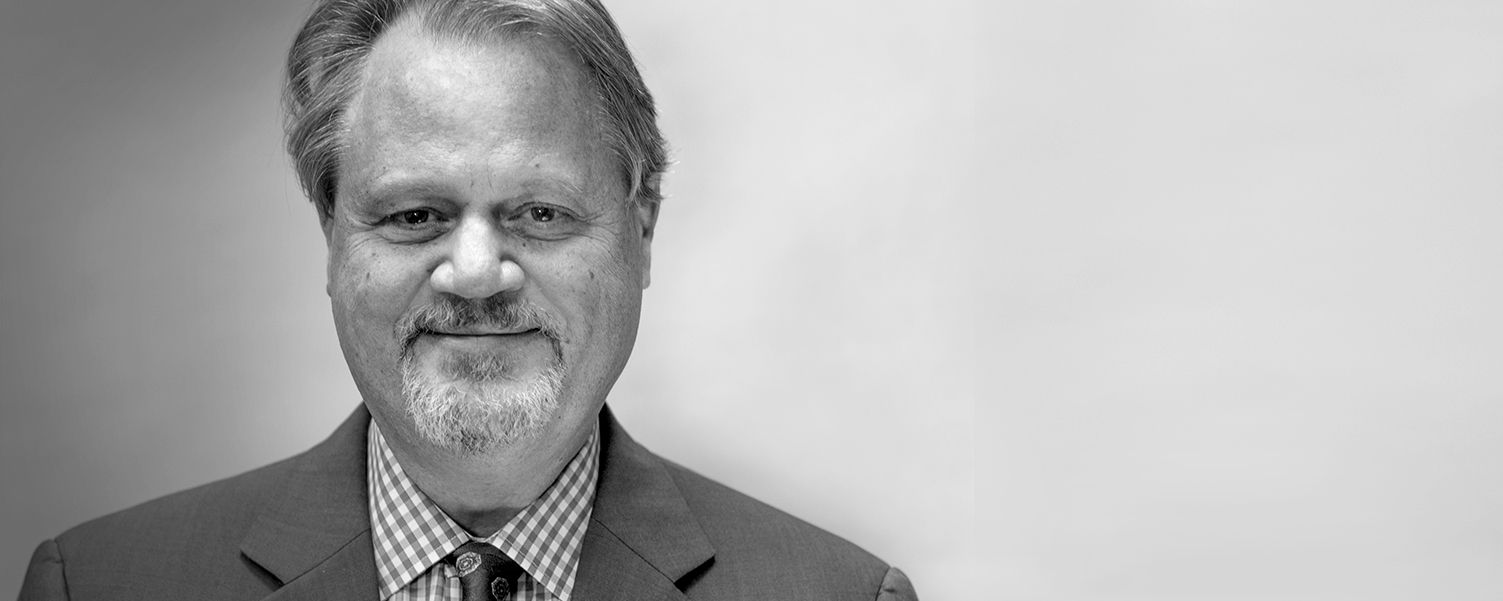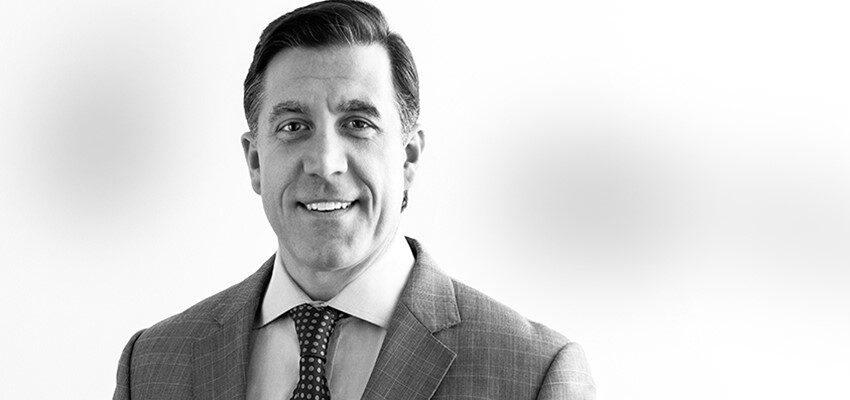Fishman Haygood Expanding to Baton Rouge
January 7, 2015
Fishman Haygood is opening an office in Baton Rouge led by renowned real estate development attorney Charles Landry.
Landry, along with Louis Quinn Jr. and Scott Chenevert, are leaving law firm Jones Walker to set up a Baton Rouge office for Fishman Haygood. Quinn was head of Jones Walker’s real estate practice group, and Chenevert was a partner in the firm’s corporate and securities practice group.
Landry, Quinn, and Chenevert will officially join Fishman Haygood on January 16.
Landry Leaving Jones Walker to Set Up Fishman Haygood Law Office
Charles Landry, an attorney who represents many high-profile real estate developments in Baton Rouge, is leaving Jones Walker to help set up a local office for New Orleans law firm Fishman Haygood.
Landry said he will start working for Fishman Haygood on Feb. 1. Two other Jones Walker attorneys, Louis Quinn Jr., a partner who heads up the firm’s real estate practice group, and Scott Chenevert, a partner in the corporate and securities practice group, are going with him. Fishman Haygood’s local office will be at 8555 United Plaza Blvd., the same building as Jones Walker.
“We were approached by them to help Fishman Haygood set up its first office in Baton Rouge,” Landry said. While Landry said he was “very, very happy” at Jones Walker, the idea of going to a smaller firm that was more focused on his type of practice was appealing. Landry said he also likes the challenge of setting up a new office.
“This really is a further indication of how well Baton Rouge is doing. You would think that Baton Rouge is lawyered up enough with all the major firms in town and the firms with offices here,” Landry said. “But with the new projects and the vitality of the community, another law firm sees significant opportunities here.”
Landry has been with Jones Walker for 19 years. From 1996 to 2006, he was managing partner of the Baton Rouge office. He earned a bachelor’s in business from LSU and his law degree from the university’s Paul M. Hebert Law Center. Landry is a frequent lecturer at the LSU law school.
Landry has represented prominent smart growth projects, such as the Americana traditional neighborhood development in Zachary and the River District mixed-use development between downtown and LSU. He represented the Manship family, former owners of The Advocate, when they were trying to find the right use for the former downtown site of the newspaper. He’s also represented Wal-Mart on developments and is the general counsel for the Research Park Corp., which runs the Louisiana Technology Park.
Despite leaving Jones Walker, Landry said he will maintain ties with the firm. “There will be a significant collaborative relationship with Jones Walker after my departure,” he said. “We plan to engage Jones Walker for everything the Fishman Haygood firm doesn’t have the resources to handle. Hopefully, that will relieve some of the sting of actually leaving the firm.”
Fishman Haygood, which was founded in the mid-1990s, bills itself as a boutique law firm, with a focus on real estate development, corporate securities and general business. The firm’s clients include Whitney Bank, Rouses Supermarkets, Entergy and Stirling Properties. Fishman Haygood represents The Advocate in a public records lawsuit against LSU.
Jim Swanson, managing partner for Fishman Haygood, said the firm has done some work in the Baton Rouge market over the years, including representing developer Mike Wampold. “Baton Rouge is a growth market in the state and it’s as big a market as New Orleans is now,” he said.
Swanson said he was “delighted” to bring Landry, Quinn and Chenevert to the Baton Rouge office because they are first-class lawyers. “We’re very lucky to have them,” he said. “When you think about who are the most dynamic people in that market, those are the people you think of.”
Fair Use Notice
This site occasionally reprints copyrighted material, the use of which has not always been specifically authorized by the copyright owner. We make such material available in our efforts to advance understanding of issues and to highlight the accomplishments of our affiliates. We believe this constitutes a ‘fair use’ of any such copyrighted material as provided for in section 107 of the US Copyright Law. In accordance with Title 17 U.S.C. Section 107, the material on this site is available without profit. For more information go to: US CODE: Title 17,107. Limitations on exclusive rights: Fair use. If you wish to use copyrighted material from this site for purposes of your own that go beyond ‘fair use’, you must obtain permission from the copyright owner.



